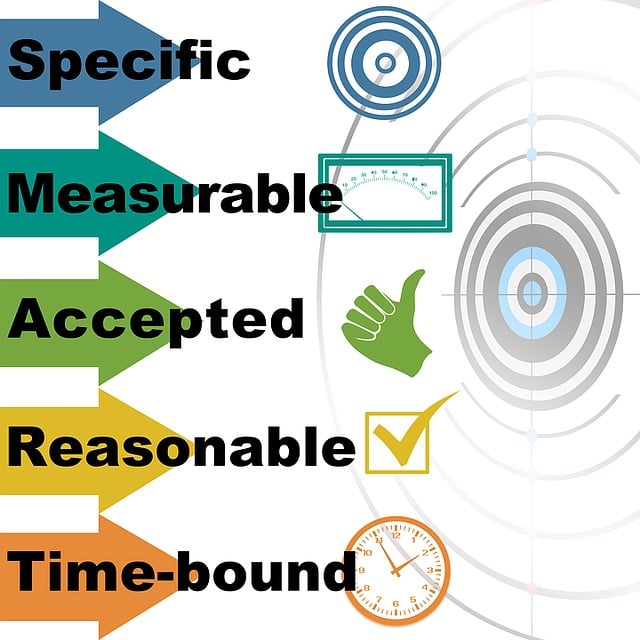Navigating the world of crypto assets involves understanding their unique tax implications, especially in jurisdictions like South Africa. This comprehensive guide delves into the intricacies of crypto assets taxation, equipping investors with essential knowledge for compliance and liability management. We explore key concepts, from defining crypto assets to identifying taxable events and calculating capital gains tax. Additionally, we discuss diverse crypto tax types, emphasize record-keeping importance, and offer tips to minimize tax obligations, ensuring informed decision-making in the South African context.
- Understanding Crypto Assets and Their Tax Implications in South Africa
- Identifying Taxable Events and Gains from Crypto Holdings
- Calculating Capital Gains Tax on Crypto Assets: A Step-by-Step Guide
- Exploring Different Types of Crypto Taxes in South Africa
- Record Keeping and Documentation for Accurate Crypto Tax Filing
- Tips for Minimizing Tax Liability and Staying Compliant
Understanding Crypto Assets and Their Tax Implications in South Africa

Crypto assets, such as Bitcoin, Ethereum, and other digital currencies, have gained significant popularity in South Africa in recent years. However, their unique nature presents challenges when it comes to taxation. Unlike traditional investments, crypto assets are decentralized and highly volatile, which has led to a lack of clear guidelines regarding their tax status in the country. The South African Revenue Service (SARS) has been working on establishing regulations to address this emerging asset class.
In South Africa, crypto assets are considered capital assets and are taxed as such. Investors must keep detailed records of their transactions, including purchase prices, sale amounts, and holding periods. When it comes to calculating tax liability, the SARS follows a cost-based approach, meaning taxpayers are taxed on the profit made from selling crypto assets, less any associated costs. This includes fees paid for purchasing or trading the assets. Taxpayers must ensure they understand the tax implications of their crypto activities to comply with South African tax laws effectively.
Identifying Taxable Events and Gains from Crypto Holdings

In the realm of crypto assets taxation in South Africa, understanding what constitutes taxable events and gains from your crypto holdings is paramount. Crypto transactions can trigger various tax liabilities, depending on the nature of the activity. For instance, buying, selling, or trading cryptocurrencies may result in capital gains, which are subject to taxation based on the length of time held. Short-term gains are typically taxed at ordinary income rates, while long-term gains may benefit from lower rates. It’s crucial to keep detailed records of all crypto transactions, including purchase and sale prices, dates, and quantities, as these will be essential for accurate tax reporting.
Identifying taxable events also involves recognizing any other income streams derived from crypto assets, such as staking rewards, mining profits, or interest earned on crypto holdings. These activities can fall under different tax categories and may have specific rules applying to them. For instance, South African tax authorities consider cryptocurrency staking as a form of rental income, which is taxable in the year it’s received. Therefore, crypto investors must be vigilant in monitoring their portfolio’s performance and staying informed about the evolving tax landscape to ensure compliance with tax regulations.
Calculating Capital Gains Tax on Crypto Assets: A Step-by-Step Guide

Calculating capital gains tax on crypto assets in South Africa involves a step-by-step process to ensure compliance with tax regulations. Firstly, determine the cost base of your crypto asset, which is the original purchase price plus any associated fees. Then, when you sell or exchange the asset, calculate the gain or loss by comparing it to the cost base. For gains, this forms the taxable amount.
Next, apply the relevant tax rate based on the length of time you held the crypto asset. Short-term gains (held for a year or less) are taxed at your ordinary income tax rate, while long-term gains (held for over a year) attract a lower capital gains tax rate. It’s crucial to keep detailed records of purchases, sales, and expenses related to your crypto assets to facilitate accurate calculation and potential claims for deductions.
Exploring Different Types of Crypto Taxes in South Africa

Record Keeping and Documentation for Accurate Crypto Tax Filing

Effective record keeping and documentation are crucial aspects of accurate crypto assets taxation in South Africa. Cryptocurrency transactions can be complex, involving various types of trades and holding periods. Therefore, it’s essential to maintain detailed records of all crypto-related activities. This includes logging purchases, sales, exchanges, and any changes in wallet addresses or private keys. Organize these records chronologically, as tax authorities often require a transaction history spanning multiple years.
Additionally, gather documentation supporting your crypto holdings and transactions. Keep receipts for any costs associated with acquiring cryptocurrencies, such as transaction fees or hardware purchases. For trades, obtain records of the exchange platforms used and the corresponding transaction IDs. In case of tax audits, these documents will be invaluable, ensuring a smooth filing process and potential savings on professional accounting services.
Tips for Minimizing Tax Liability and Staying Compliant

Navigating the complex landscape of crypto assets taxation in South Africa requires a strategic approach to minimize liability and ensure compliance. One key tip is to keep detailed records of all crypto transactions, including purchase dates, prices, and sales amounts. This meticulous documentation not only aids in accurate tax calculations but also simplifies audits.
Additionally, staying informed about the evolving regulations is paramount. South Africa’s crypto asset taxation laws are subject to change, so regularly reviewing updates from the South African Revenue Service (SARS) can help you anticipate adjustments in your tax strategy. Utilizing reputable accounting software designed for cryptocurrency tracking can automate many of these processes, making compliance more manageable and reducing the risk of errors.















